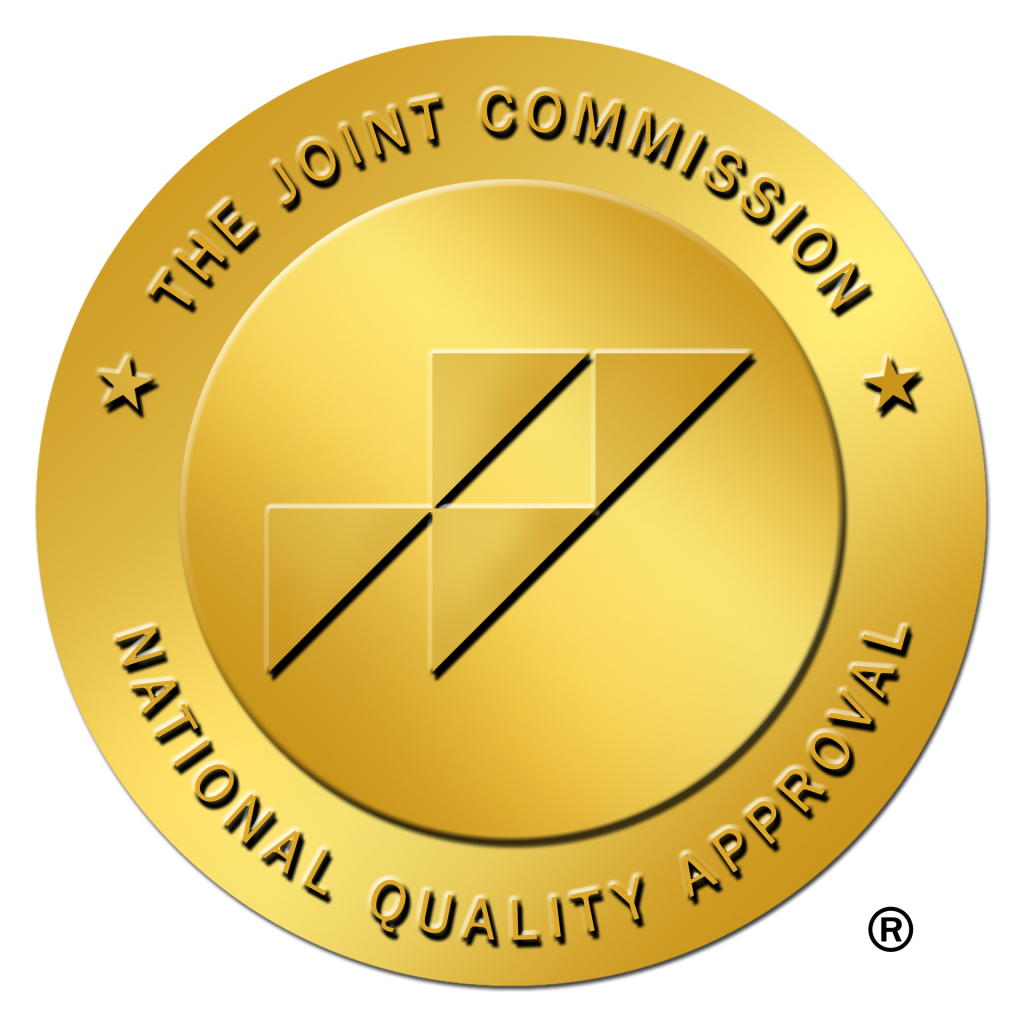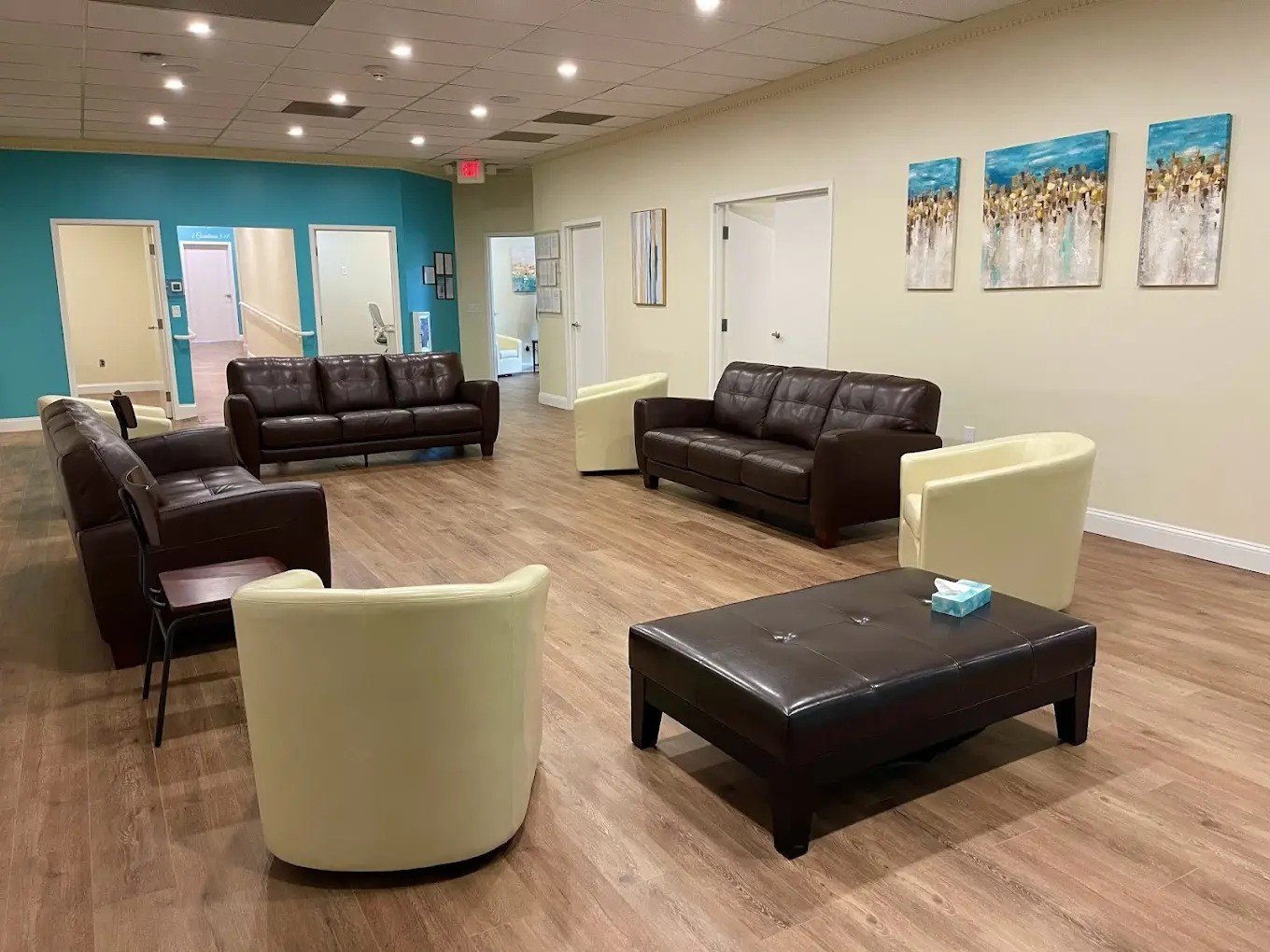Veterans Addiction Treatment Nj
Addiction Treatment Options in New Jersey
New Jersey offers a diverse array of treatment options for veterans facing substance use disorders. Facilities across the state, including outpatient centers like New Chapter Recovery in Parsippany-Troy Hills, provide versatile treatment programs. These programs encompass Partial Hospitalization Programs (PHP), Intensive Outpatient Programs (IOP), and standard Outpatient Programs (OP), designed to accommodate the specific needs of veterans struggling with addiction.
Unlike traditional residential rehab centers, outpatient facilities offer flexibility, allowing veterans to continue their daily responsibilities while receiving treatment. This flexibility is particularly advantageous for working professionals and veterans who need to maintain a balance between their recovery process and family or job commitments.
Medication-Assisted Treatment
Medication-assisted treatment (MAT) is a cornerstone of many addiction treatment programs in New Jersey. MAT combines FDA-approved medications with counseling and behavioral therapies. This approach is highly effective in treating substance use disorders, particularly opioid addiction.
New Chapter Recovery implements MAT as part of its treatment options for veterans addiction treatment nj. This integration helps in stabilizing patients, reducing withdrawal symptoms, and decreasing cravings. It’s vital for veterans who may also be dealing with chronic pain or other medical conditions as a result of their military service.
Each MAT plan is personalized, considering the veteran’s unique medical history and substance use patterns. The careful balance of medicative and therapeutic elements seeks to optimize the recovery outcomes.
Dual Diagnosis and Co-Occurring Disorders
Many veterans face dual diagnosis challenges, where mental health issues such as PTSD or depression coincide with substance use disorders. Addressing both conditions simultaneously is crucial for effective recovery. At New Chapter Recovery, the integrated dual diagnosis model is a key feature for veterans addiction treatment nj.
Trauma-informed clinical practices are implemented to ensure that treatment plans are sensitive to the unique experiences of veterans. By treating mental health and addiction concurrently, veterans receive comprehensive care that addresses the root causes of their addiction and promotes sustained recovery.
Veteran-Focused Therapy Options
Therapy options tailored specifically for veterans are an integral part of addiction treatment programs in New Jersey. New Chapter Recovery offers specialty tracks, including veterans treatment and animal-assisted therapy, designed to create a relatable and supportive environment.
These therapies incorporate veterans’ shared experiences and foster a sense of camaraderie, enhancing the therapeutic process. Veterans often find solace in group therapy sessions where they connect with peers who understand their struggles from first-hand experiences.
The Role of Family Support in Recovery
Family support plays a pivotal role in the recovery journey of veterans facing addiction. At New Chapter Recovery, incorporating family counseling sessions into the treatment regimen is encouraged. These sessions aim to educate families on addiction, improve communication, and heal relationships strained by substance use.
Relapse Prevention Strategies
Long-term recovery is not just about treating the addiction; it’s also about equipping veterans with the skills to prevent relapse. New Chapter Recovery emphasizes relapse prevention strategies as a core component of their programs for veterans addiction treatment nj.
These strategies include cognitive-behavioral techniques, motivational interviewing, and experiential therapies that prepare veterans for real-world situations where they might be tempted to use substances again.
Flexible Scheduling for Working Professionals
One of the critical needs met by outpatient programs is the requirement for flexible scheduling. Veterans who are working professionals benefit from treatment plans that accommodate their employment schedules. New Chapter Recovery offers day and evening sessions to ensure that veterans can attend therapy without sacrificing their career obligations.
Insurance and Benefit Verification
New Chapter Recovery provides a dedicated admissions team that handles insurance verification efficiently. This service is particularly beneficial for veterans eligible for VA and Tricare benefits, ensuring that financial concerns do not delay the start of treatment.
By streamlining this process, veterans can focus on their recovery journey rather than worrying about coverage issues or payment logistics.
Customized Treatment Plans and Evidence-Based Therapies
Personalization is at the heart of effective addiction treatment. New Chapter Recovery creates tailored treatment plans based on the individual needs and goals of each veteran. A multidisciplinary clinical team collaborates to design these plans, incorporating evidence-based therapies such as CBT, DBT, ACT, and more.
This personalized approach ensures that each veteran receives targeted care that addresses their specific challenges and fosters sustainable recovery.
Veterans addiction treatment nj at New Chapter Recovery is designed to provide comprehensive support, from initial assessment through to aftercare planning, all while prioritizing the unique requirements and experiences of veterans in New Jersey.
What are the main types of outpatient addiction treatment programs available for veterans in New Jersey?
Outpatient addiction treatment programs in New Jersey, especially those offered by centers like New Chapter Recovery, include a variety of flexible options. The primary types are Partial Hospitalization Programs (PHP), Intensive Outpatient Programs (IOP), and standard Outpatient Programs (OP). These programs cater to veterans who may need to balance treatment with their daily obligations, such as work or family commitments. For instance, veterans who are employed or have family responsibilities can opt for IOPs, which offer structured therapy sessions that can be scheduled to accommodate their work hours. This flexibility is crucial because it allows veterans to maintain their life routines while actively participating in their recovery journey.
How does medication-assisted treatment (MAT) benefit veterans struggling with substance use disorders?
Medication-assisted treatment, or MAT, plays a pivotal role in the recovery process for veterans at centers like New Chapter Recovery. MAT combines FDA-approved medications with counseling and behavioral therapies to effectively treat substance use disorders, particularly opioid addiction. For veterans, MAT is beneficial because it helps stabilize their conditions, reduce withdrawal symptoms, and minimize cravings. Imagine a veteran struggling with opioid addiction who also has chronic pain from previous injuries; MAT can provide relief and stability, allowing them to focus on recovery without the constant distraction of cravings and pain. The personalized treatment approach ensures that each veteran receives a plan tailored to their specific needs, promoting better recovery outcomes.
Why is it important to address both substance use disorders and mental health issues simultaneously in veterans?
Addressing both substance use disorders and mental health issues simultaneously is crucial because these conditions often coexist in veterans. This is commonly known as a dual diagnosis. For example, a veteran suffering from PTSD may turn to substances as a way to cope with the symptoms, creating a cycle that is difficult to break. Centers like New Chapter Recovery use integrated dual diagnosis treatment models, which are essential in treating both conditions at once. This comprehensive approach ensures that veterans receive care that addresses the underlying mental health issues contributing to their addiction, leading to a more sustainable recovery. The use of trauma-informed clinical practices helps to create a supportive environment where veterans feel understood and safe.
What unique therapy options are available for veterans to enhance their recovery experience?
Veteran-focused therapy options are designed to create a supportive and relatable environment that enhances the recovery process. At New Chapter Recovery, therapies include animal-assisted therapy and specialty tracks that incorporate the shared experiences of veterans. These therapies can make a significant difference; for instance, participating in group therapy sessions with fellow veterans can foster a sense of camaraderie and understanding. Picture a room full of veterans sharing their challenges; the mutual support and empathy found here can be incredibly therapeutic. These connections can facilitate healing and provide veterans with the encouragement needed to sustain their recovery journey.
How does family support contribute to the recovery of veterans from addiction?
Family support is a vital component of the recovery process for veterans struggling with addiction. Involving family in the treatment process, as practiced by centers like New Chapter Recovery, can lead to better outcomes. Family counseling sessions help families understand addiction, improve communication, and mend relationships damaged by substance use. Consider a scenario where a veteran’s relationship with their family has been strained due to their addiction. By involving the family in counseling, everyone can gain a better understanding of the challenges and work together to support the veteran’s recovery. This support network can provide the emotional encouragement needed to help veterans stay on track with their treatment.
What are some effective strategies for preventing relapse in veterans undergoing addiction treatment?
Relapse prevention is a core component of addiction treatment for veterans. Effective strategies include cognitive-behavioral techniques, motivational interviewing, and experiential therapies. These approaches help veterans develop skills to handle real-world situations where they might be tempted to relapse. For example, cognitive-behavioral techniques can assist veterans in identifying and altering negative thought patterns that lead to substance use. Picture a veteran encountering a trigger in their daily life; with the right strategies, they can recognize the trigger and employ coping mechanisms learned in therapy to avoid relapse. Encouraging veterans to visualize these scenarios and practice their responses can significantly bolster their resilience.
How do flexible scheduling options in outpatient programs help veterans who are also working professionals?
Flexible scheduling is crucial for veterans who are working professionals because it allows them to receive the treatment they need without compromising their job responsibilities. Centers like New Chapter Recovery offer day and evening sessions, which enable veterans to attend therapy while still fulfilling their professional obligations. For instance, a veteran working a 9-to-5 job can opt for evening therapy sessions, ensuring that their work is not interrupted. Maintaining this balance can reduce stress and promote a more focused approach to recovery, as veterans can continue to meet their professional responsibilities while actively engaging in their treatment.
What role does insurance and benefit verification play in veterans’ addiction treatment access?
Insurance and benefit verification are critical processes ensuring that veterans can access addiction treatment without undue financial stress. At New Chapter Recovery, a dedicated admissions team efficiently handles insurance verification, including VA and Tricare benefits. This process ensures that veterans can focus on their recovery rather than worrying about financial hurdles. Imagine a veteran ready to start treatment; knowing that their insurance will cover the necessary services can provide immense relief. It eliminates a potential barrier to seeking help, allowing veterans to access the care they need promptly and focus entirely on their recovery journey.
How do customized treatment plans enhance the effectiveness of addiction treatment for veterans?
Customized treatment plans are essential because they address the unique needs and challenges of each veteran. New Chapter Recovery crafts these plans based on individual assessments, incorporating evidence-based therapies. This personalized approach ensures that veterans receive targeted care that speaks directly to their specific issues. Consider a veteran dealing with both anxiety and alcohol dependency; a customized plan might integrate cognitive-behavioral therapy to address anxiety and motivational interviewing to tackle alcohol use. By tailoring treatment to individual circumstances, veterans are more likely to engage with and benefit from the program, leading to more effective and lasting recovery outcomes.
Resources
- U.S. Department of Veterans Affairs – The official website of the U.S. Department of Veterans Affairs provides information on veterans’ benefits, healthcare, and resources.
- Substance Abuse and Mental Health Services Administration (SAMHSA) – SAMHSA is a government agency that leads public health efforts to advance the behavioral health of the nation.
- American Psychiatric Association – The American Psychiatric Association offers resources and information on mental health disorders, including addiction and dual diagnosis.
- National Alliance on Mental Illness (NAMI) – NAMI is a grassroots mental health organization providing support, education, and advocacy for individuals and families affected by mental illness.
- National Institute on Drug Abuse (NIDA) – NIDA is a federal agency dedicated to researching drug abuse and addiction to improve prevention, treatment, and policy.






